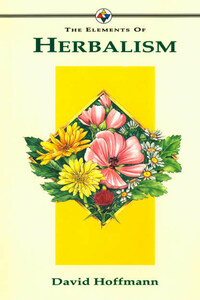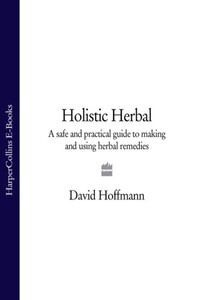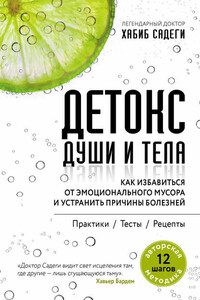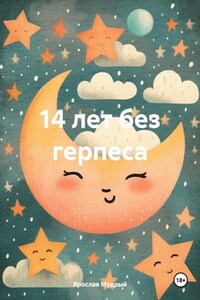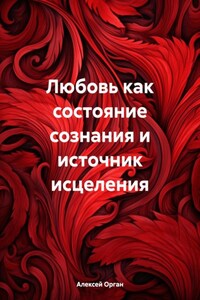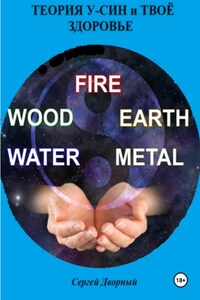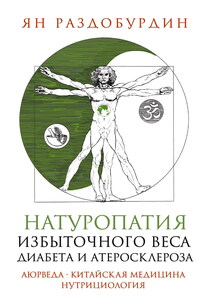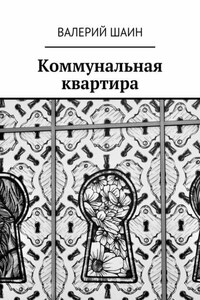Thorsons Element, An imprint of HarperCollinsPublishers
77-85 Fulham Palace Road,
Hammersmith, London W6 8JB
www.harpercollins.co.uk
First published in Great Britain in 1990 by
Element Books Limited
Longmead, Shaftesbury, Dorset
Cover illustration by Miranda Gray
Cover design by Max Fairbrother
© David L. Hoffmann 1990
The author asserts the moral right to be identified as the author of this work
A catalogue record of this book is available from the British Library
All rights reserved under International and Pan-American Copyright Conventions. By payment of the required fees, you have been granted the nonexclusive, nontransferable right to access and read the text of this e-book on-screen. No part of this text may be reproduced, transmitted, downloaded, decompiled, reverse-engineered, or stored in or introduced into any information storage and retrieval system, in any form or by any means, whether electronic or mechanical, now known or hereinafter invented, without the express written permission of HarperCollins e-books.
HarperCollinsPublishers has made every reasonable effort to ensure that any picture content and written content in this ebook has been included or removed in accordance with the contractual and technological constraints in operation at the time of publication.
Source ISBN 9781852301736
Ebook Edition © JULY 2014 ISBN: 9780007532223
Version: 2014-07-08
We are part of the earth and it is part of us â¦
The earth does not belong to man; man belongs to the earth.
This we know.
All things are connected like the blood which unites one
family.
Chief Seattle
In all creation there are mysterious healing forces, which no person can know unless they have been revealed by God.
Hildegard Von Bingen, Book of Divine Works (Liber Divinorum Operum)
Planet Earth â what a beautiful and bounteous world to call home. The more we turn our attention towards the nature of our relationship with the environment, the more profound become the insights into the close embrace we share. Whether on the global scale of our effects upon climate and the climateâs effects upon us, or at the biochemical level of plants as medicines, the connections revealed are powerful and very real. Of the many ways in which our ecological inter-relatedness shows itself, the art and science of herbal medicine is for many people the most unexpected.
Above all else, herbalism is the medicine of belonging, the direct experience of the whole healing the part. Our world blesses us with herbs, with leaves of life. In the face of the blind abuse and rape of nature, we discover remedies that can help us survive the impact of humanityâs mistakes. To heal ourselves we must know ourselves, and ecology, spirituality, intuition and common sense tell us that we are all one. If our world is sick and poisoned then so are we. If the forests are being destroyed, then we die a little with each felling. Every whale that is respected and allowed to live to blesses us. Each river cleaned and renewed flows through our veins and renews us.
Humanity is being faced with the realities of a shared planet. This may take the form of a drought caused by the Greenhouse Effect, pollution-induced birth defects or the purgatory of human overpopulation. On the other hand it may be the dawning recognition that the intimate embrace of our world is a healing force moving humanity towards a transformation of our relationship with the Earth, ourselves and each other.
The Gaia Hypothesis proposes an illuminating context within which to place herbs and humanity. First postulated by James Lovelock, it has been developed by many people, bridging the worlds of science and spirituality. Gaia was the Greek goddess of the Earth, consort of Uranus and mother of both the gods and the Titans. There are variations of spelling and pronunciation as the name is from Ancient Greece with its subtly different alphabet; Gaia, Gaea or Gæa are all used. Lovelock has suggested it as an appropriate name for the complex âbeingâ that is the whole of planet Earth. âWe have since defined Gaia as a complex entity involving the Earthâs biosphere, atmosphere, oceans and soil; the totality constituting a feedback or cybernetic system which seeks an optimal physical and chemical environment for life on this planet.â
